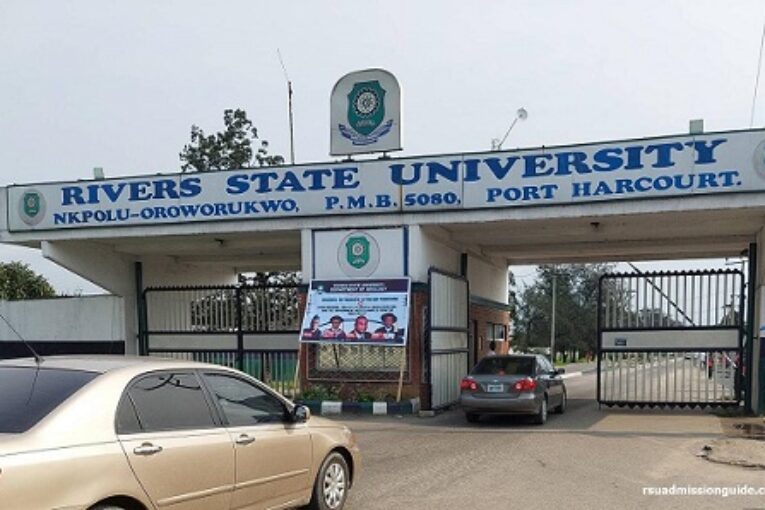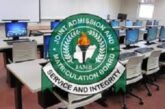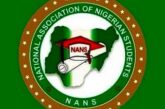
The Rivers State University, Nkpolu-Oroworukwo, Port Harcourt, has signed a memorandum of understanding with the University of Rwanda to promote an exchange programme between the two institutions.
The Ambassador of the Rwanda High Commission to Nigeria, Niger, Burkina Faso, and Chad, Christophe Bazivamo, disclosed this while speaking to journalists on the sidelines of the 36th convocation lecture of Rivers State University on Friday.
Bazivamo explained that collaboration between African countries is key to development and mutually beneficial coexistence.
He stated, “The main message here is that collaboration among universities is very important because one university cannot work in isolation.
“It is within that framework that Rivers State University has signed a memorandum of understanding with the University of Rwanda so that we can have a joint programme, including the exchange of students, teachers, and staff, within the framework of student and teacher mobility.”
He added, “Rwanda is also implementing a visa-free policy for Africans, including Nigerians and people from francophone or Commonwealth countries.
“This kind of collaboration can only be easier if the visa-free programme is implemented across the entire continent. Africans should be able to move freely on the continent.
“Opening borders does not bring insecurity. Opening borders does not reduce the revenue of a country. On the contrary, what we see in Rwanda is quite the opposite.”
Earlier, the Vice-Chancellor of Rivers State University, Prof. Nlerum Okogbule, said the lecture, Emerging Technologies in Reshaping the Future of Education and the Learning Environment, is particularly relevant at a time when national and global attention is focused on leveraging technological advances to enhance education.
Okogbule said, “There is no doubt that the global educational ecosystem is undergoing tremendous transformation in response to changing social, economic, and technological dynamics.
“The transformation we are witnessing today is a clear embodiment of the globalisation process. It is, therefore, imperative for us to leverage this important tool and adjust our teaching methods, policies, and procedures to align with this new reality.”
In his presentation, the guest lecturer and immediate past Vice-Chancellor of Usmanu Danfodiyo University, Sokoto, Prof. Lawal Bilbis, called for increased funding for education to facilitate the smooth integration of emerging technologies into the country’s education system.
Bilbis, a professor of biochemistry, said, “The government is making efforts regarding emerging technology in education by increasing funding, but it is never enough. Additional funding is necessary to provide infrastructure that supports the use of emerging technologies in the education system.”
He lamented the underfunding of education in Nigeria, stating, “The turn of the 21st century brought advancements in technology, and Nigeria, like the rest of the world, began facing a growing demand for new challenges and opportunities related to digital literacy and skills development.
“Unfortunately, the country’s education system remains underfunded and ill-equipped to effectively integrate these technological advancements. In 2020, Nigeria allocated only 6.3% of its national budget to education, far below the 15–20% recommended by UNESCO.”
The professor, who also served as the pioneer Vice-Chancellor of the Federal University, Birnin Kebbi, called for reform and strategic collaboration between the government and stakeholders. He described the education system as a vital tool for the country’s development.
“Education continues to be a pillar of socio-economic transformation, with efforts underway to modernise curricula, integrate digital tools, and address issues such as overcrowding and outdated teaching methods.
“Nigeria’s current educational crisis — driven by inadequate funding, poor infrastructure, and a disconnect between educational output and workforce needs — underscores the urgent need for reform. This requires a coordinated approach involving governments, private sector actors, educators, parents, and community leaders.
“This calls for rigorous oversight, ongoing teacher training, and equitable access to resources, particularly in underserved regions,” he stated.




